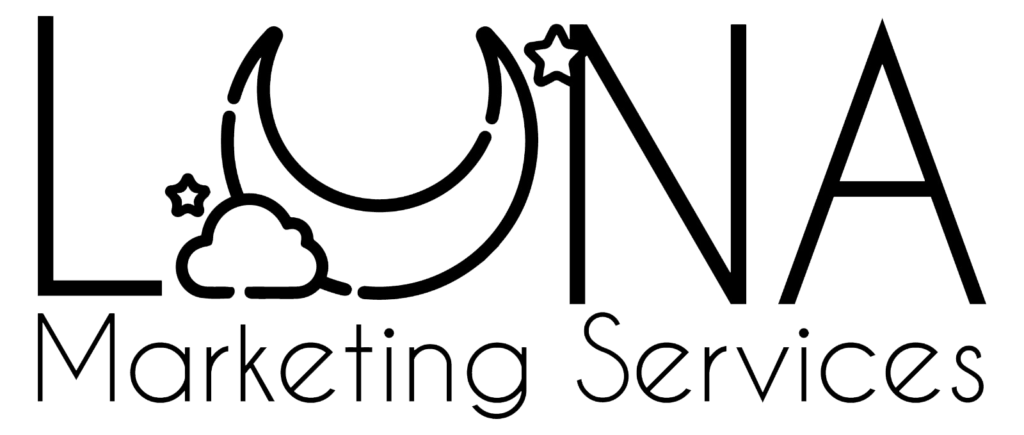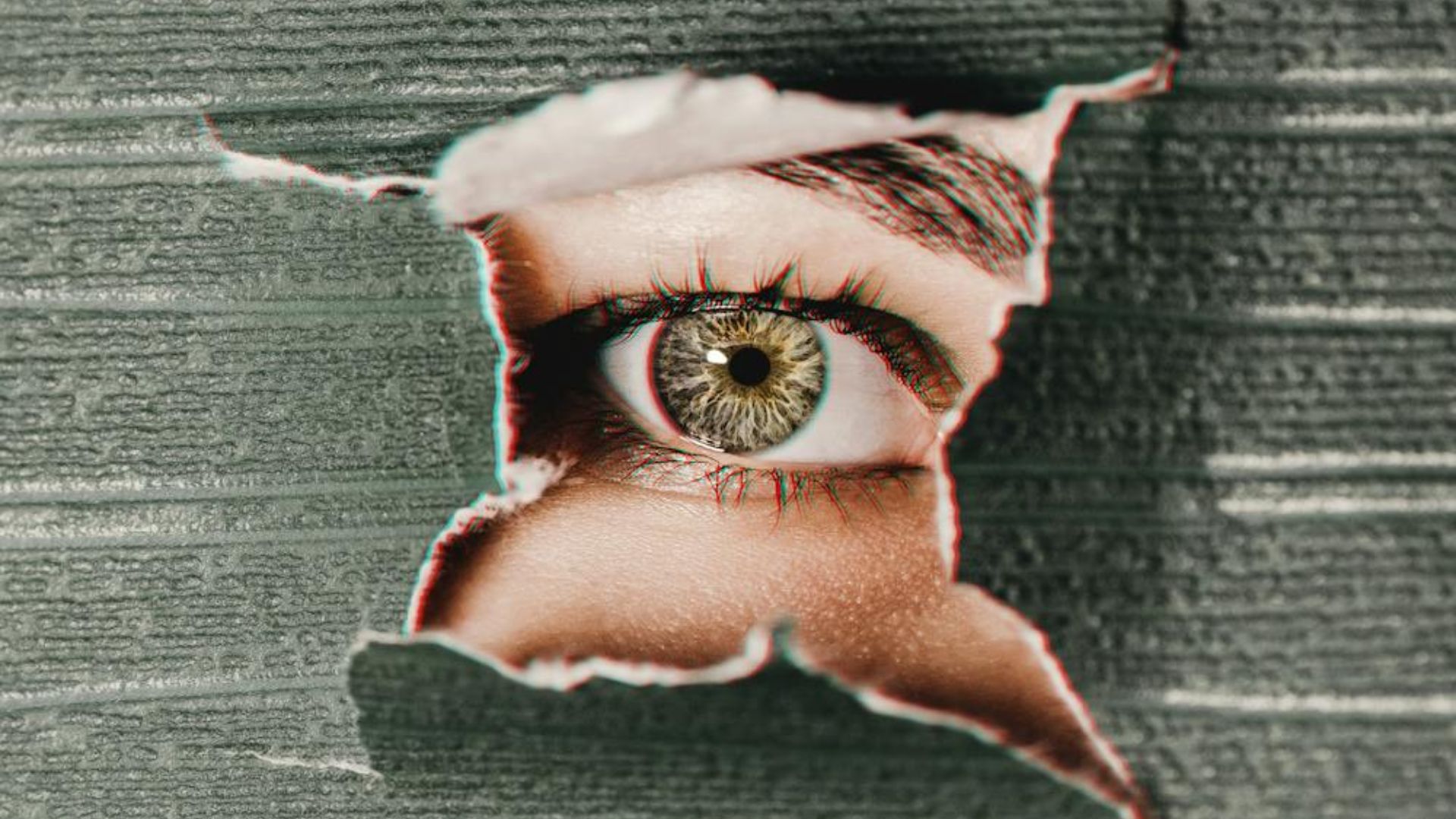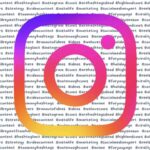Life Before Social Media is a concept that might be hard to grasp for some people. If you think about it, Social Media has been around since 1997 and has, since then, shaped how we communicate and interact.
Younger generations (30 years old or less) might not know life without Social Media, and that’s ok. I do not want to sound old—I am just a 30+ old teenager after all—but being older than Google means I happen to be part of that generation who did not have Social Media until later in life—which, added to the fact that I am a marketer and Social Media expert—gives me enough authority to say: life is the same… or maybe slightly better now.
Social Media Has RUINED Life
I am sure you have heard it: “Social Media has ruined life“. Older generations—and certain young ones—tend to romanticize the time when there was no Social Media.
“People did not get cancelled back then”
And I get it. There was a certain simplicity and authenticity in how we interacted before the digital age took over. People could argue that life was less complicated, less performative, and perhaps more genuine without the constant pressure to curate a perfect online persona.
Life was more “private” back then. Yes, “private” in quotations is a sign that most of that privacy came from the limited reach available: when something happened, it was very unlikely for people outside certain circles or regions to notice it. We did not have every aspect of our lives documented and shared which aided people with poor behaviors to not be scrutinized or held accountable at the same level they are today.
The way we make connections has changed as well. Making connections was harder before—and some tend to think they were stronger just because of that—as communication was more limited compared to now that people across the globe are connected 24/7. Information flows like water nowadays making it easier to spread and bring awareness to different situations.
Social Media provides a voice to those who otherwise might not be heard.
Business Before Social Media
One thing we cannot deny is how Social Media changed the way we do business. Businesses have thrived, and communities have been built around shared interests and important causes thanks to the connectivity social media offers.
Imagine being a small business back in the 80s when advertising was EXPENSIVE: putting your business out there required investing in traditional media (TV, Radio, Newspapers, etc.), which is usually not that cheap. Social Media BROKE that barrier, allowing businesses of all sizes to advertise and show their products for a fraction of the price (or even free). So, while it’s easy to crave and long for the simplicity of the past, it’s also crucial to acknowledge the benefits and opportunities that social media has brought into our lives.
Now, it is easier to reach a global audience with a click of a button, and tracking results is easy too. Traditional media has always been hard to track as there is little to no feedback from the audience regarding the message. Social media, on the other hand, can provide valuable insights into consumer behavior and preferences, allowing companies to tailor their products and services to meet market demands more effectively thanks to all the tracking tools and the fact it is a two-way communication channel instead of just advertisers and businesses screaming to the void and hoping for the best.
The Challenges Of Social Media
I don’t want to sound biased by only talking about the positive things that social media has. There are some valid concerns and challenges to consider when evaluating if life before social media was better.
For starters, social media is not static: it changes constantly and quicker than you might think. The fast-paced nature of social media means that you, as an individual and as a business, must stay vigilant and adaptable to trends and changes. Remember how two years ago, we were all singing a song about CORN? Today, the hype is a Techno Remix of a song called PEDRO that went viral thanks to a Racoon.
On top of that, there is the so-called “cancel culture“. No, this is not me acknowledging it exists but more the fact that maintaining a positive online reputation is crucial, as negative feedback or a social media crisis can spread rapidly and impact you and your business. Navigating social media requires a delicate balance between authenticity and perception management. While social media has empowered individuals and businesses to share their stories and connect with a global audience, it has also amplified the pressure to maintain a flawless online image.
On the other hand, we can’t deny the effects that Social Media can have on mental health: the rise of influencer culture and curated feeds has increased the unrealistic standards of beauty, success, and happiness, often causing individuals to feel inadequate or insecure about their own lives. And I say INCREASED instead of CREATED by social media as these standards already existed before social media was a thing and were often displayed on traditional media. The constant barrage of notifications, likes, and comments can lead to a compulsive need for validation and approval, detracting from real-life experiences and human interactions.
Another significant challenge is the spread of misinformation and fake news. Social media algorithms prioritize engagement and sensational content, sometimes at the expense of accuracy and credibility—you can see this very clearly in platforms like Twitter/X and even Facebook—the rapid dissemination of misleading or harmful information on Social Media leads to societal polarization and undermining trust.
However, despite these challenges, social media remains a powerful tool for connection, creativity, and advocacy. As much as you might have a love-hate relationship with Social Media, the impact it has on our lives is complex and multifaceted.
What are your thoughts on Social Media? Do you think life would be any different if it had existed earlier or if it did not exist at all?






